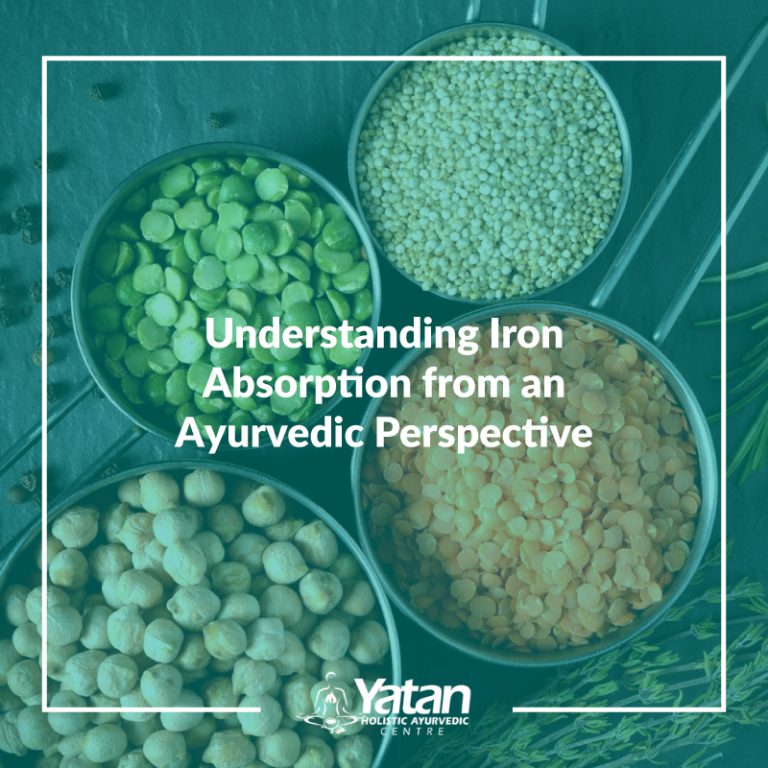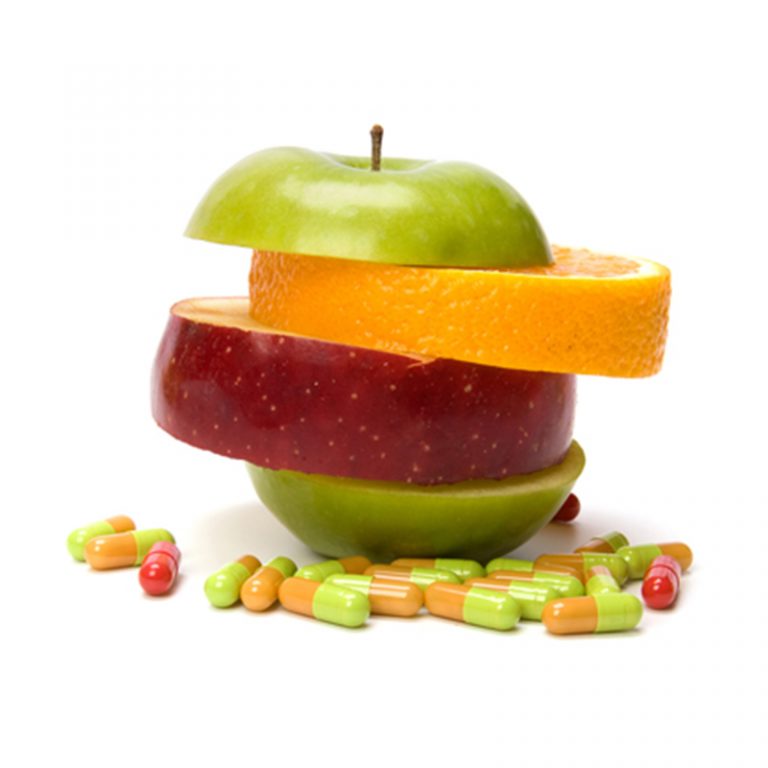Electrolytic Function And The Need For Fluids
Electrolytes are vital to our health, and indeed to our survival. They consist of positively and negatively charged particles known as ions which are formed when minerals are dissolved in water. Sodium, potassium, calcium and magnesium are examples of common positive ions, while chloride, bicarbonate and phosphate are amongst those which hold a negative charge.
Every one of the trillions of cells in our bodies has to be permanently bathed in fluids, both inside and out, in order for a supply of vital nutrients to the cells, as well as transporting away all of the cellular waste. In fact, the average human body is about 60% water, and around 70% of this is intracellular. The electrical characteristics of the electrolytes are fundamental to the maintenance of fluid equilibrium in the body. Water in its pure form is a poor conductor of electricity but due to the difference in electrical balance inside and outside the cells water is able to follow the charged particles wherever they go. If equilibrium is lost the result will be either fluid retention or dehydration.
A well balanced diet will generally produce adequate electrolytes but many people are neglectful of their fluid intake, and this is likely to lead to an imbalance of the electrolytes. A lack of fluid will eventually lead to degeneration of all the body’s tissues, whether skin, muscles, tendons, ligaments, cartilage or bone, and a variety of serious health conditions can result. Electrolytic balance is also essential for the transmission of nerve impulses, for the control of blood pressure, and for correct functioning of the glands. Yet another problem arising from inadequate fluid intake is that the body becomes excessively acid.
All of this points to a need for careful consideration of our diet, not forgetting lifestyle and exercise.
Next Time: Maintaining Good Electrolytic Balance Through Diet

*Discover holistic healing with a complimentary phone or video consultation from our expert Ayurvedic practitioner. Start your path to better health today!*























